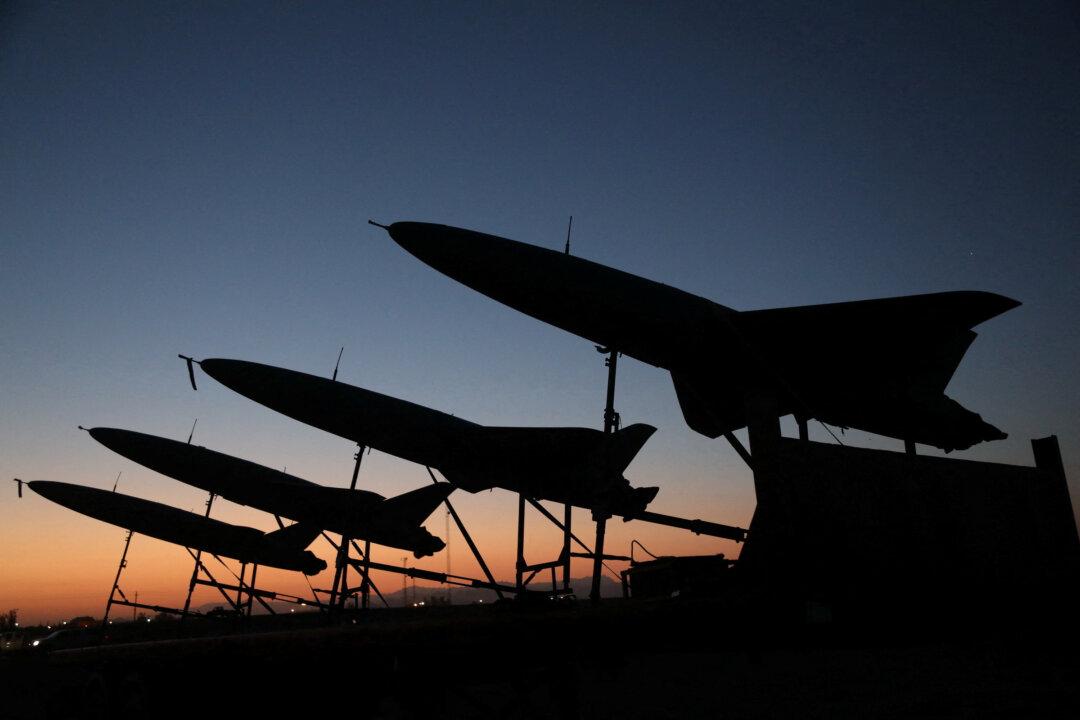Iran and Russia are growing their military cooperation with increased arms sales that the White House says are directly resulting in the killing of Ukrainians.
Tehran’s continued sale of suicide drones and other munitions to Moscow is meaningfully augmenting Russia’s ability to continue its attempted conquest of Ukraine, said National Security Council Coordinator for Strategic Communications John Kirby.




